Researchers from the Annenberg Public Policy Center will present their work this week and next at the 67th Annual Conference of the International Communication Association in San Diego.


Researchers from the Annenberg Public Policy Center will present their work this week and next at the 67th Annual Conference of the International Communication Association in San Diego.
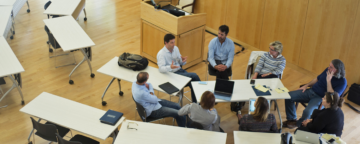
An international contingent of scholars gathered for a two-day conference this week at APPC on the role of attitudes, for the forthcoming second edition of The Handbook of Attitudes.
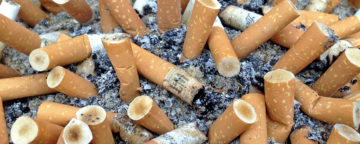
A new study finds that pictorial warnings on cigarette packs can help to curb smoking levels at least 30 days after smokers had daily exposure to them.
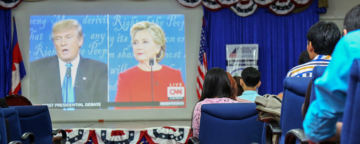
What did viewers of the 2016 general election presidential debates learn about the candidates? A new APPC study analyzes debate learning and the effect of post-debate TV coverage.
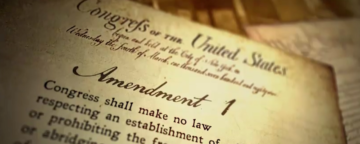
The Annenberg Classroom documentary on the First Amendment, “Freedom of the Press: New York Times v. United States," has been honored in the Best Shorts Competition and others.
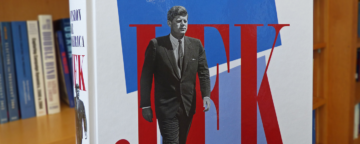
In "JFK: A Vision for America," a compendium of John F. Kennedy's speeches, Kathleen Hall Jamieson has an essay on how Kennedy used live TV press conferences to explain policy and govern.
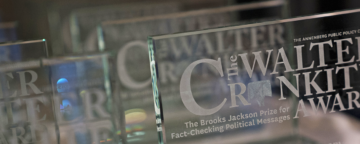
The Cronkite Awards honoring excellence in TV political journalism were presented at the National Press Club, including the Brooks Jackson Prize for Fact-Checking Political Messages, named for the founding director of FactCheck.org.
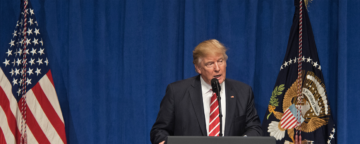
FactCheck.org has examined President Trump's first 100 days and, in separate stories, recaps Trump's misleading and false statements, and delivers a scorecard on the 28 promises in his "100-day action plan to Make America Great Again."
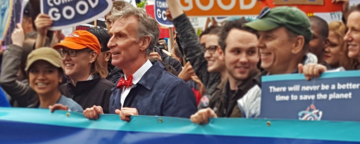
"Bill Nye Saves the World," recently debuted on Netflix. In a new article, postdoc Heather Akin asks if more facts are "the kryptonite" that will stop the seeming spread of "anti-science" sentiment.
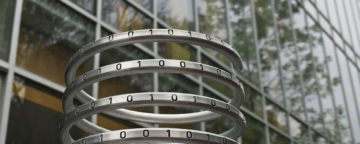
For the fourth consecutive year, FactCheck.org has been awarded both the Webby for Political Blog/Website, as chosen by a panel of judges, and the People's Voice award in the same category, thanks to its readers.